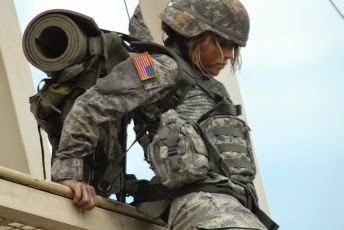So... what will the Air Force call this new bomber? The name will be up to the men and women of the Air Force. Leaders of the bomber program will be considering name suggestions from airmen. The bomber's name will be announced at an Air Force conference scheduled in the fall.
Until now the B-21 has been referred to as
the Long Range Strike Bomber because it will be designed to launch from
the U.S. and strike any target around the globe.
When Northrop Grumman won the contract to build the B-21 last year,
Defense Secretary Ashton Carter said it will allow the U.S. to "project
power across the globe now and into the future," calling it a
"strategic investment for the next 50 years."
Long
term, the idea is for these planes to replace Air Force B-52 bombers,
which have been flying for more than half a century -- and eventually
the B-1 bombers, when they retire sometime in the 2040s.
Engineering and development costs are estimated at $21.4 billion (in 2010 dollars) over the entire life of the program.
Officials
have been tight-lipped as to the specific capability expectations for
the LRS-B, but indications are that it will be stealthy, able to carry
conventional and nuclear weapons and could possibly operate with or
without a pilot!
The Air Force said it plans to start testing the plane sometime in the mid-2020s.
The B-2
ended up costing American taxpayers more than $2 billion per copy. The
plane was so expensive that the Air Force ended up buying just 21 of
them. And the B-2 is so complex and unreliable that, on any given day,
just nine are actually ready for combat.
The B-21 is supposed to remedy the B-2’s flaws and help the Pentagon deter Russia and China
for 50 years or more after the first B-21 deploys some time in the
mid-2020s. The Air Force wants 100 of the new bombers at a cost of just
$790 million apiece, a bargain by stealth bomber standards. The quantity
is key.
































